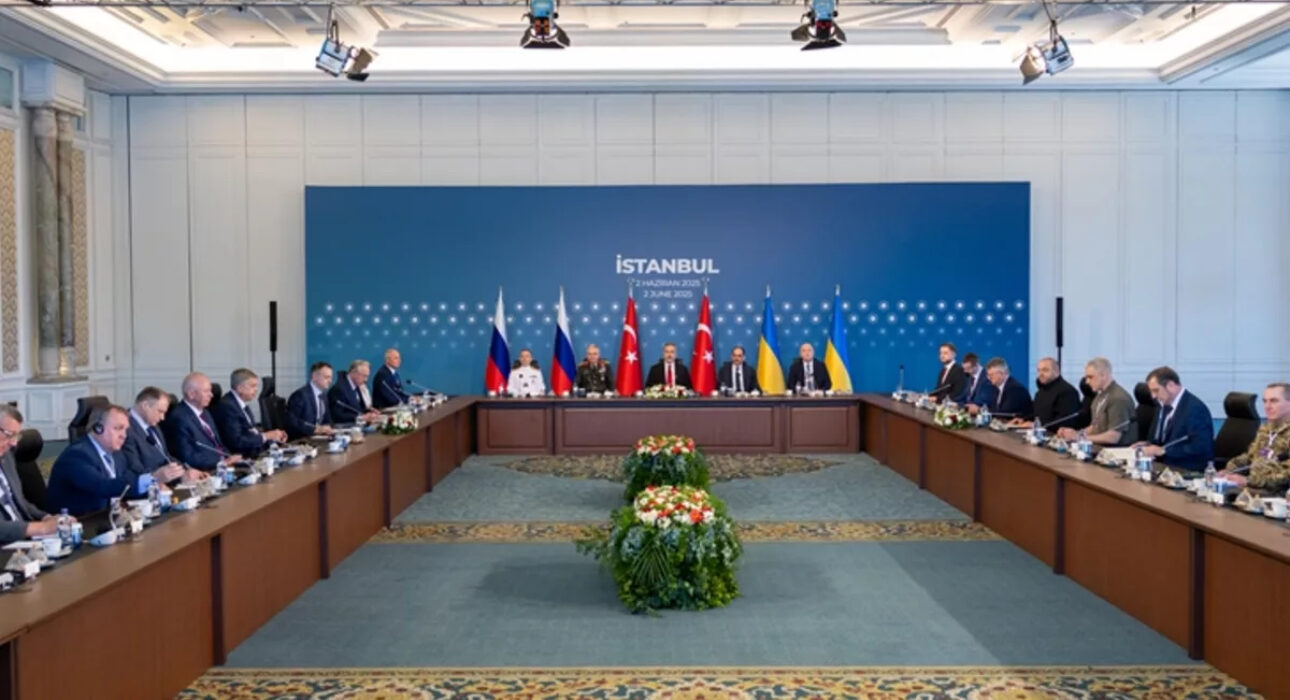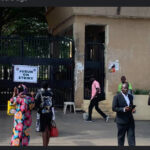Ukraine, Russia Agree to Landmark Prisoner Exchange in Istanbul Talks

In a rare moment of cooperation amid a prolonged and brutal conflict, Ukraine and Russia have agreed to a large-scale prisoner exchange as part of humanitarian measures negotiated during peace talks in Istanbul.
The agreement, described by both sides as the largest of its kind since the war began in 2022, involves the swap of hundreds of severely wounded or critically ill prisoners of war (POWs), as well as all captured soldiers under the age of 25.
According to officials from both delegations, the agreement will see:
• The release of all young POWs (18–25 years old) currently in captivity,
• The exchange of hundreds of severely wounded or gravely ill soldiers in Russian and Ukrainian custody,
• The repatriation of the bodies of at least 6,000 fallen soldiers from each side.
The announcement was made at the end of the second day of high-level negotiations hosted by Turkish mediators in Istanbul.
“This is a step toward humanity amid ongoing hostility,” said Ukraine’s Defense Minister, Rustem Umerov, at a press briefing.
“Regardless of our disagreements on the battlefield, compassion must guide our actions when it comes to the wounded and the young,” he said.
Russia’s chief negotiator, Vladimir Medinsky, confirmed the agreement and called it “the most extensive prisoner and body exchange since the beginning of the war.”
“Both sides have agreed that the return of the sick, the young, and the deceased should not be politicized,” Medinsky said. “We are honoring that principle here.”
While the humanitarian agreement marks significant progress, efforts to secure a broader ceasefire proved unsuccessful.
Ukraine proposed an unconditional 30-day ceasefire across all frontlines. However, Russia rejected the proposal, instead offering a limited 2-3 day truce in selected frontline areas to facilitate the safe recovery of soldiers’ bodies.
“A temporary pause is acceptable for humanitarian purposes,” Medinsky stated, “but we are not ready to halt military operations unilaterally.”
Ukraine’s delegation expressed disappointment at Russia’s refusal, warning that the ongoing violence will only deepen the human toll and complicate future negotiations.
A major point of contention during the talks was Ukraine’s renewed demand for the return of children allegedly abducted and deported to Russia or Russian-occupied territories. Ukrainian negotiators submitted a list of 339 children, calling for their immediate repatriation.
Russia, however, agreed to consider the return of only 10 children, citing “ongoing legal reviews.” Ukrainian officials called the Russian position unacceptable and vowed to continue pressing the issue through international legal channels.
International observers cautiously welcomed the prisoner exchange as a potential gateway to further humanitarian agreements. The United Nations and International Committee of the Red Cross (ICRC) have both offered logistical support to facilitate the safe transport of prisoners and remains.
The European Union, United States, and Turkey also issued statements urging both sides to build on the exchange to advance broader peace efforts.
The prisoner and body exchange agreement marks a rare and hopeful milestone in an otherwise bitter conflict. Although the failure to secure a full ceasefire and ongoing disputes over deported civilians highlight deep divisions, the humanitarian gesture has been widely seen as a necessary step forward.
Whether this breakthrough can serve as a foundation for more meaningful negotiations remains uncertain, but for the hundreds of young and wounded soldiers awaiting release—and the families of the fallen—it represents a long-overdue act of mercy.








